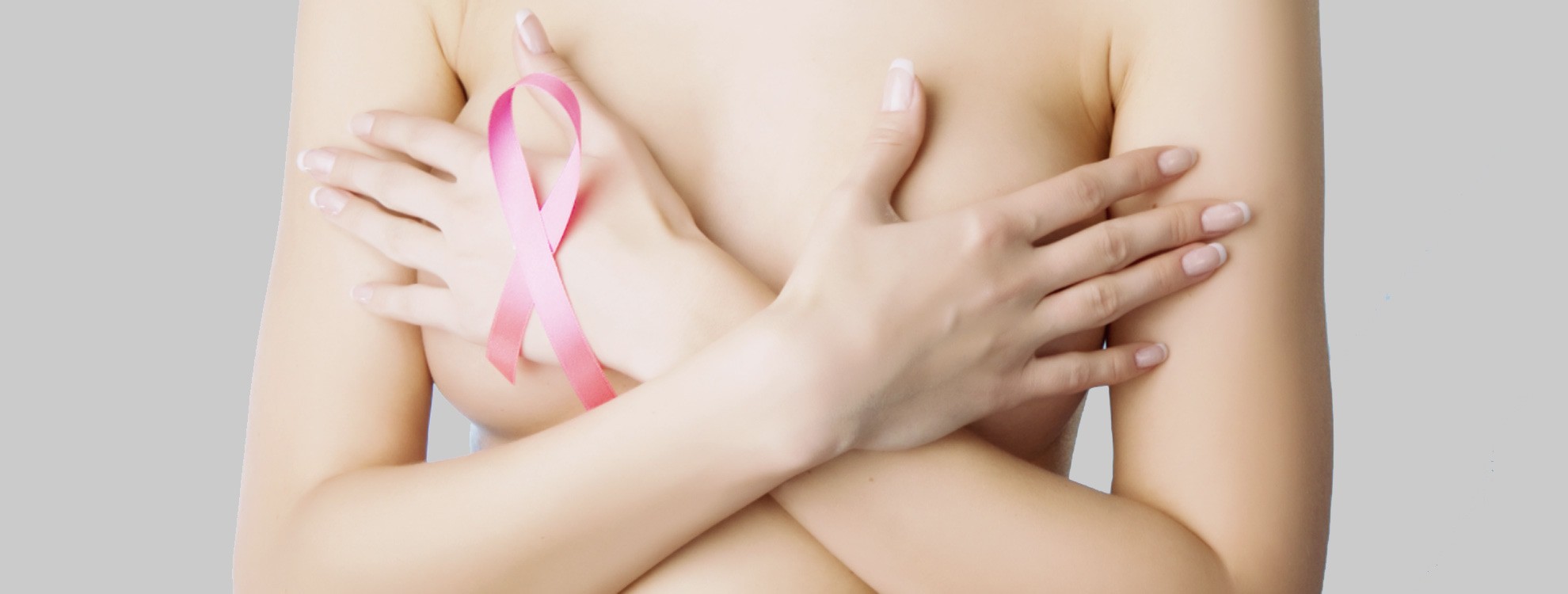Breast Reconstruction
Oncoplastic Surgery
Once a cancer is found, all women are eager to have it removed, and to continue with post-surgical treatment as fast as possible. Oncoplastic surgery is the modern way to involve the Plastic Surgeon in a Breast Team from the beginning. Biopsies and breast sparing resection can be planned with cosmetic scars.
If your breasts are big enough the tumor can be removed with wide free margins using a breast reduction technique.
Some people might think that a hospital is the only place to have a mastectomy. However, day surgery centers provide an attractive, peaceful alternative when coupled with attentive nursing care and state of the art private patients rooms.
Dr. Reuter believes that the cosmetic outcome of our surgical procedures is just as important as the successful removal of a cancer.
Sentinel Lymphnode Biopsy
It is important to know if the tumor is involving the lymphnodes of the axilla. Traditionally a complete resection of the axillary lymphnodes is performed. This can be avoided if the first "sentinel" lymphnode is marked and the biopsy shows no tumor involvement.
Implant based Reconstruction
If a removal of the breast - mastectomy is necessary a reconstruction can be performed at the same time. Either by placing an implant immediatley or expanding the skin and later changing for an implant of the desired size. This is also an option if you had a previous mastectomy.
Breast reconstruction with own (autologous) tissue
Allows for excellent results since the choices of skin, fat and muscle tissue transfer to rebuild the breast can be chosen from many options:
- TRAM flap is basically using the excess skin from the belly (abdominoplasty) as a free flap. The small vessels of the flap are than connected under the surgical microscope to the recipient vessels in the axilla.
- LATISSIMUS DORSI FLAP is a safe technique of rotating a muscle from the back with skin island for reconstruction. The incision is hidden under the bra.
- TRANSVERSE GRACILIS FLAP transfers tissue from the upper inner thigh. Again the vessels are connected with microsurgery.
There are more options I am glad to offer and explain in detail. Breast cancer treatment needs a holistic approach with regards not only to your medical treatment but also to your social and working live, sports activity and future plans.
GENETIC TESTING?
BRCA stands for BReast CAncer. BRCA genes help you fight cancer when it happens in your body. Approximately 5-10% of all breast cancers and 14% of ovarian cancers occur from a BRCA1 or BRCA2 genetic mutation that is inherited from either parent.
Women carrying BRCA1 or BRCA2 gene mutations have up to an 87% lifetime chance of breast cancer and 54% chance of ovarian cancer. Prevention does not yet exist.
To find out if there is enough risk for you to consider a BRCA mutation genetic test, we encourage you to consult us for a risk assessment.
If you are BRCA positive a prophylactic removal with simultaneus reconstruction of the breast (skin/nipple sparing mastectomy) might be life saving:
 English
English العربية
العربية

